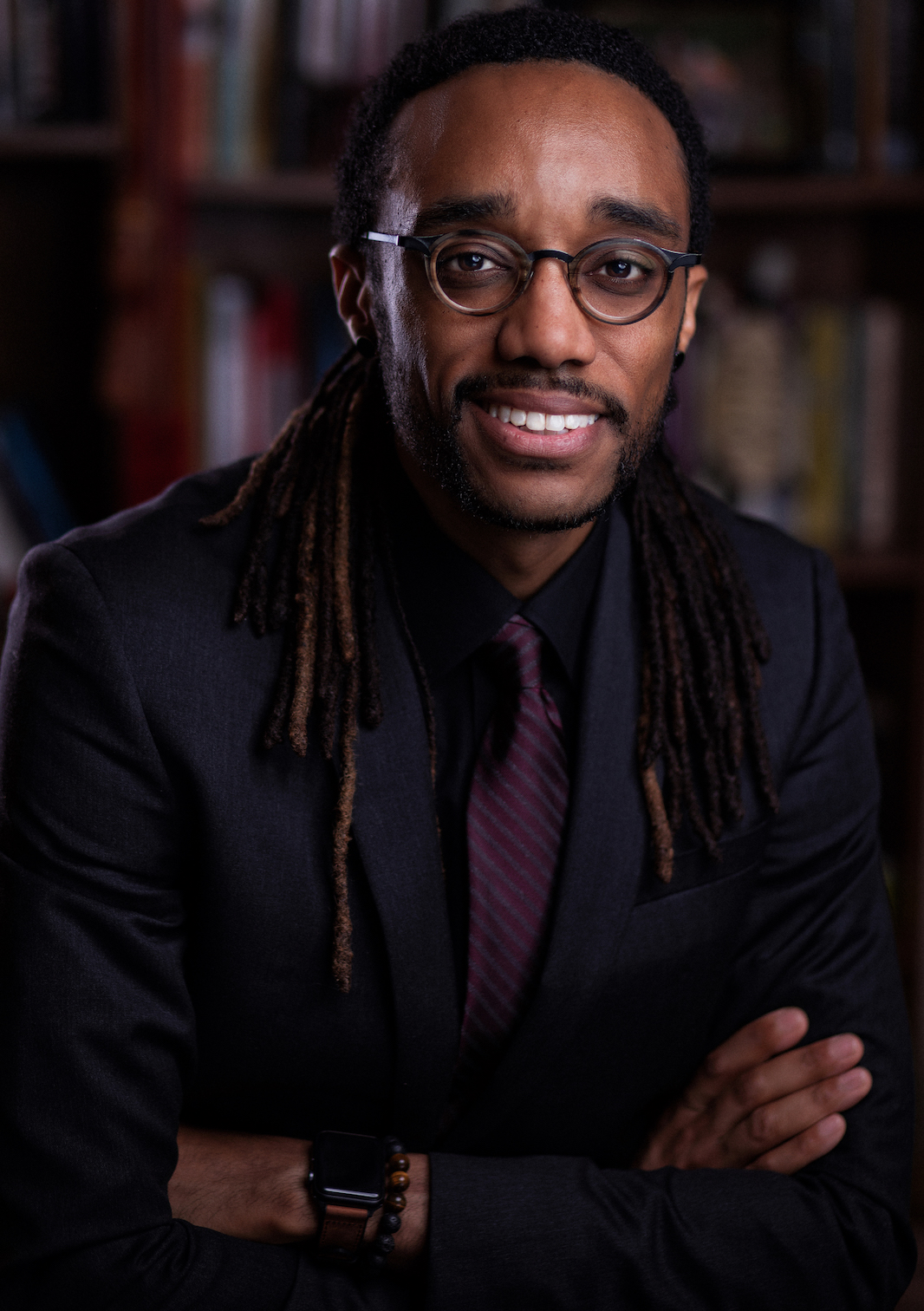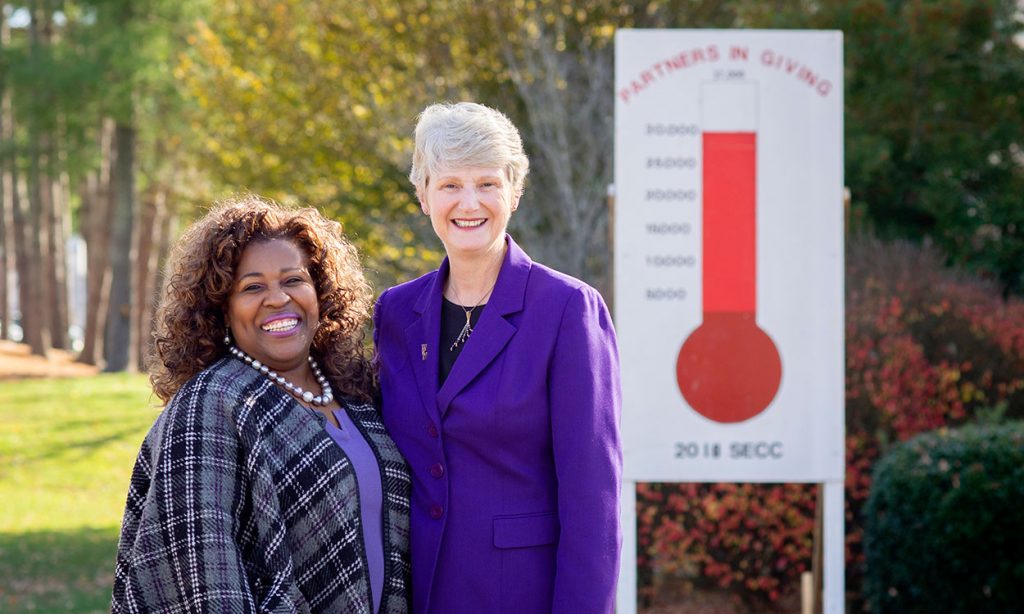


Engineer Your Own Future
College of Engineering and Technology
Cristian Trujillo Tavera is a senior in Western Carolina University’s College of Engineering
and Technology majoring in mechanical engineering. Tavera is a Deferred Action for
Childhood Arrivals student from Guanajuato, Mexico, who came to the United States
with his family at the age of 7.

Growing up in Atlanta, Tavera dreamed of getting Georgia’s Hope Scholarship to fund
his higher education. Being undocumented prevented Tavera from obtaining the Hope
Scholarship, but the Golden Door Scholarship offered a new dream.
“I received the Golden Door Scholarship out of thousands of applicants," Tavera said.
“It provided a four-year full ride for DACA students to partnering schools. Western
Carolina happened to be one of those schools.”
“It’s a small classroom setting, so you can really get to know your professors, faculty
and students on a more personal level,” he said. “The friends I’ve made have taught
me how to kayak, paddle board, hike and fly fish.”
Tavera’s family has also supported his journey through higher education. “My mom and
dad have always supported and trusted me in the things that I want to do; sometimes
they have had more confidence in me than I’ve had in myself,” Tavera said. Tavera’s
parents have plenty of reason to place confidence in their son. Tavera is the treasurer
of a club he helped found, the Society of Hispanic Professional Engineers, as well
as completing his capstone this semester in creating training guides for new technicians,
while also working as an intern for Kubota.
Tavera and a few other students, with support from engineering and technology assistant
professor Nelson Granda-Marulanda, started the first chapter of SHPE at WCU.



Tavera credits SHPE with crafting his professional and networking skills outside of
the classroom. “SHPE, the National Society of Black Engineers and the Society of Women
Engineers are all important to have at Western because they offer national conventions
where members can gain personal development and network with some of the best engineering
companies in America,” he said.
Tavera recommends the College of Engineering and Technology to prospective students
because of the hands-on experience in the classroom.

“I have had friends that go to schools that may be bigger with more recognition who
do capstones that are equivalent to our junior level classes,” Tavera said. “Our capstone
is sponsored by companies in the local area where you can go to their manufacturing
buildings and work there.”
Tavera has experienced firsthand the impact of working at a company and seeing the
engineering in action. “I saw all the robots do all the work. Before I saw that, I
thought working with robots would be boring or lame. When I saw how one cell was working,
I was really amazed,” he said.
After graduation, Tavera will take on a new role with Caterpillar’s engineering rotational
development program.
“The project-based learning classes at WCU teach you how to work as a team and find
a solution,” Tavera said. “You are put together with a group of students from other
engineering fields and work together. I enjoy engineering because I enjoy teamwork.
I enjoy expressing your opinions and expertise together to find a better solution.”

